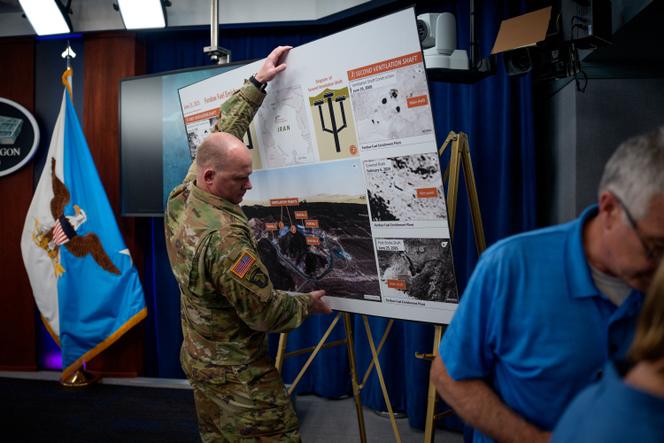


Europeans had been threatening this move for months. On Thursday, August 28, they followed through. France, Germany and the United Kingdom, the three European countries that signed the 2015 agreement intended to regulate Iran's nuclear program, notified the United Nations Security Council of their decision to reactivate international sanctions. They cited Tehran's repeated violations of the commitments undertaken in the Joint Comprehensive Plan of Action (JCPoA), which had suspended these sanctions before being abandoned by Donald Trump in 2018.
This decision followed final, fruitless discussions with Iranian envoys, two months after Israel, with US support, bombed Iran's nuclear and military sites. "Iran's nuclear escalation must not go any further," French Foreign Minister Jean-Noël Barrot wrote on X, alongside his British and German counterparts. "This measure does not signal the end of diplomacy: We are determined to make the most of the 30-day period that is now opening to engage in dialogue with Iran," he added.
This so-called "snapback" mechanism is set to expire on October 18, along with the rest of the JCPoA, which was negotiated for a period of 10 years. It had thus become urgent for the European signatories to invoke it, hoping to force Tehran to compromise. France, Germany and the UK (the "E3") hope their decision will push Iran to negotiate before the Security Council gives its final approval. Accordingly, they maintained the offer, put forward at the end of July, to extend the mechanism in order to postpone, for six months for example, the return of UN sanctions in exchange for three conditions.
You have 77.02% of this article left to read. The rest is for subscribers only.
